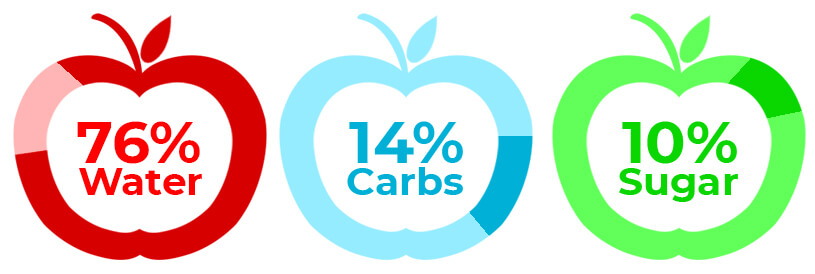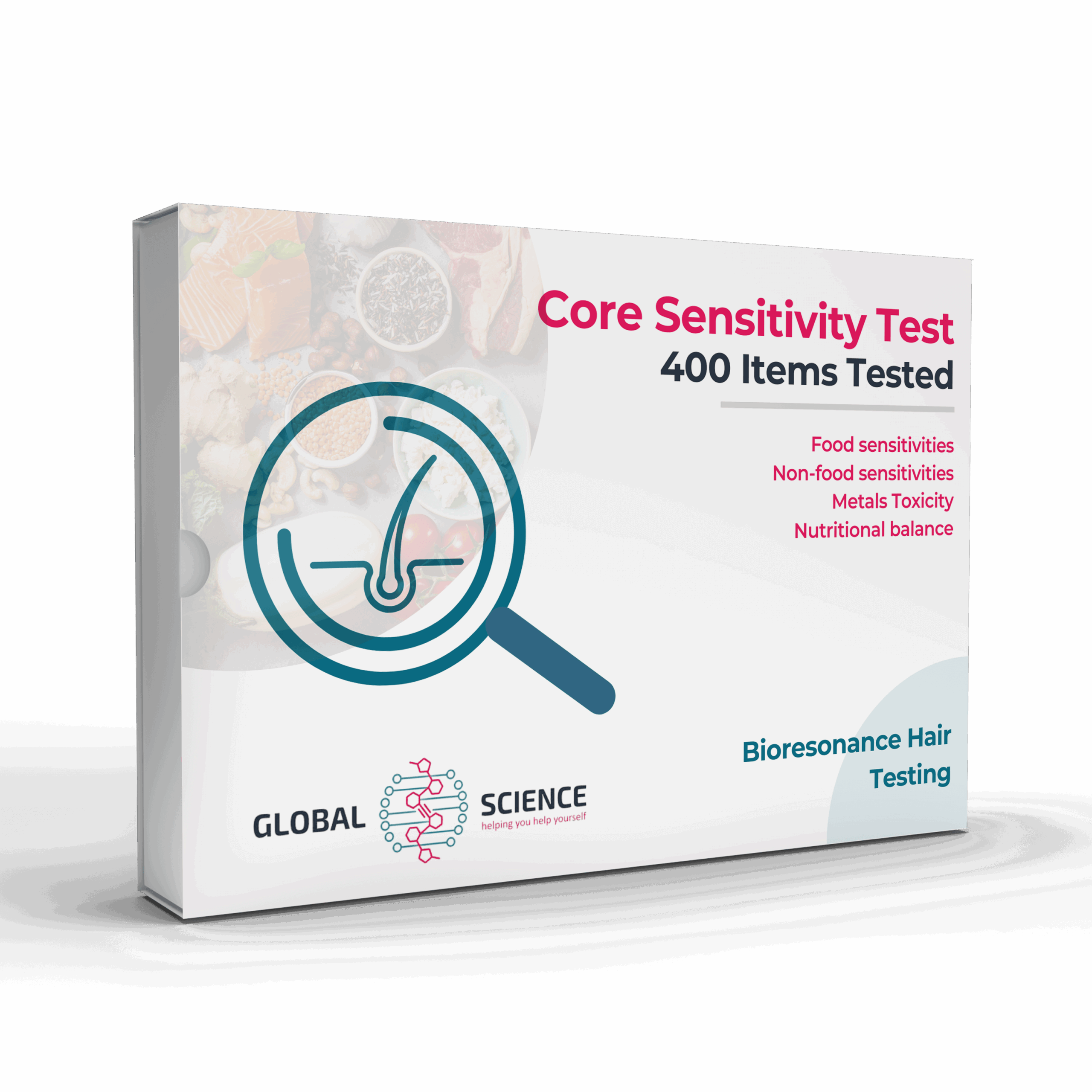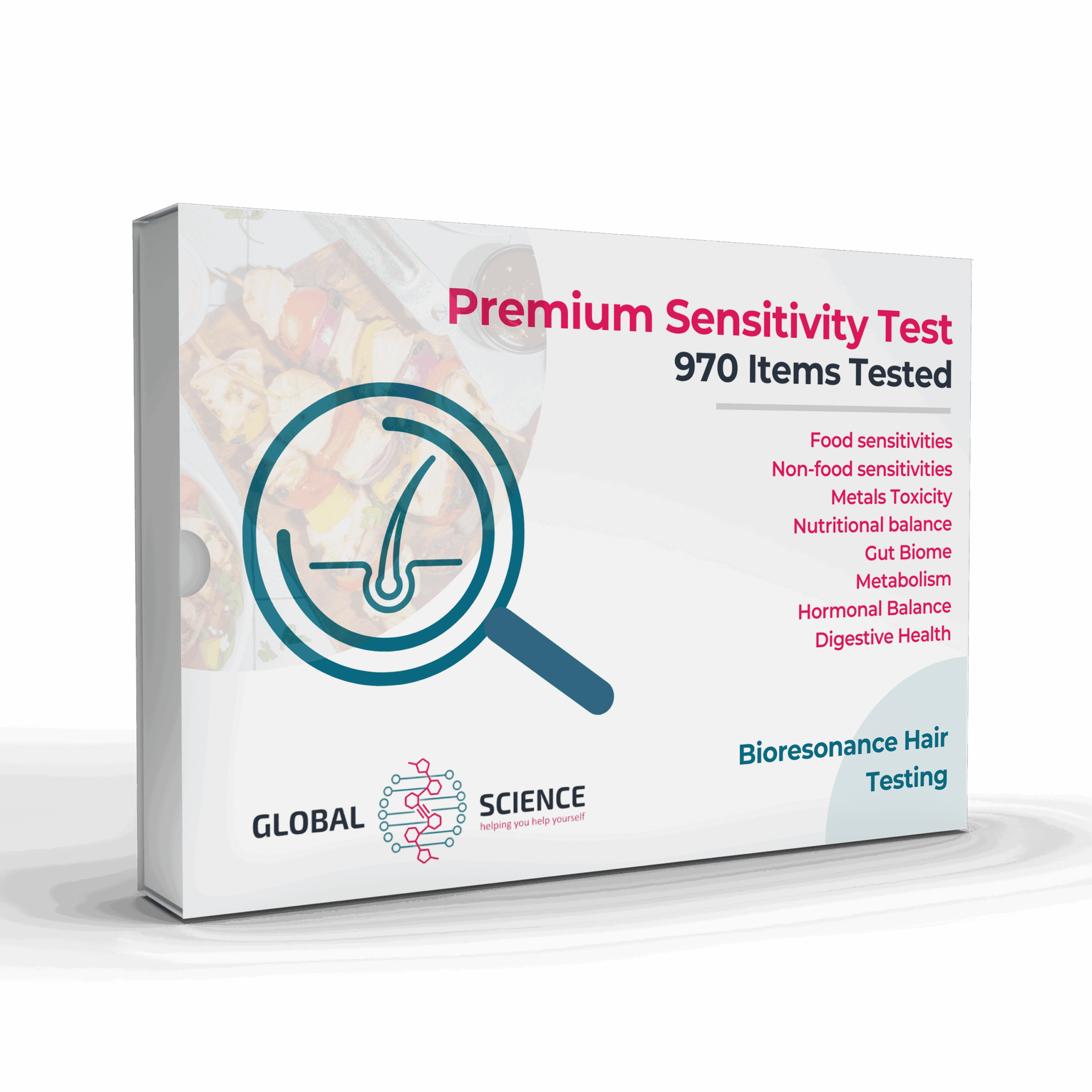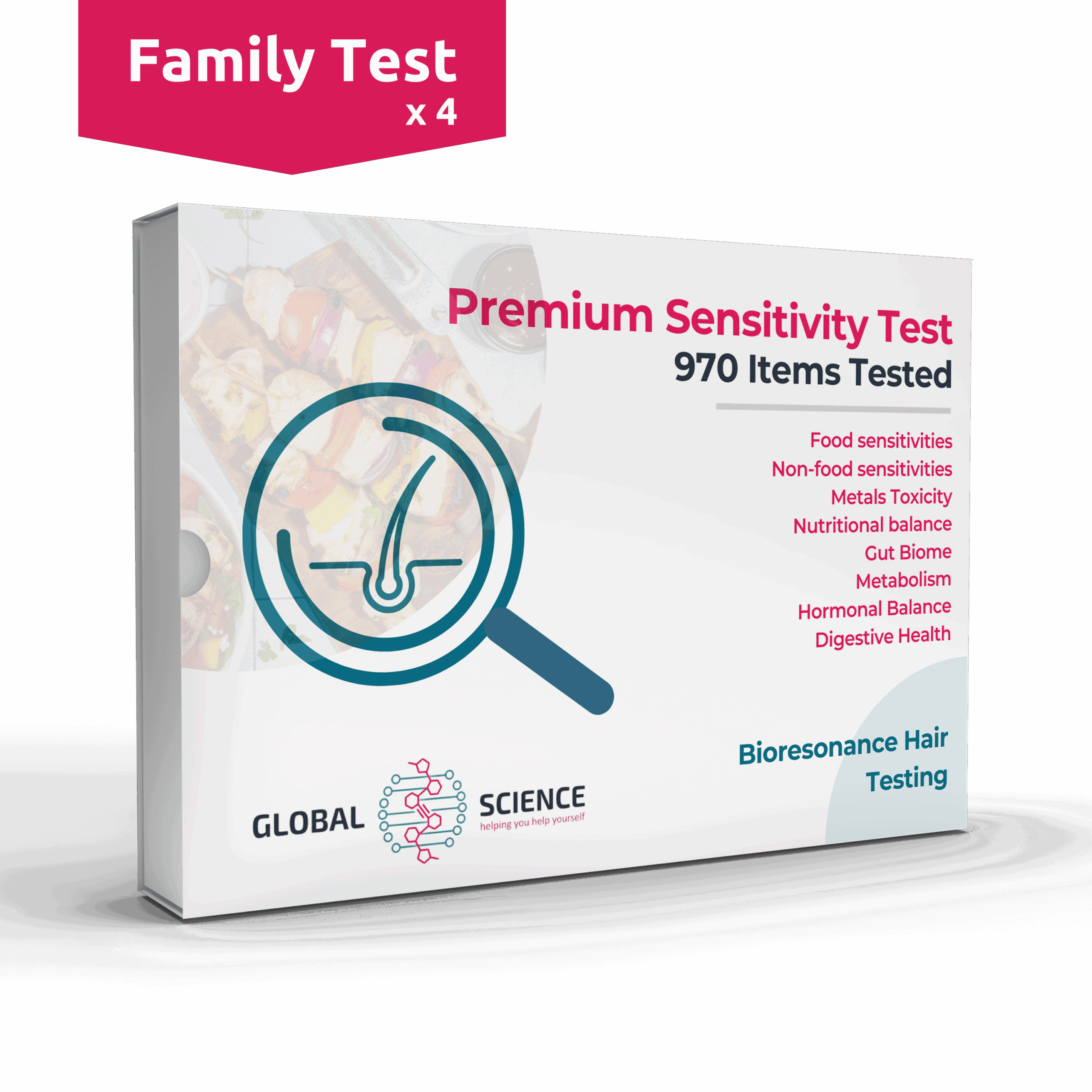Apple Allergy
The apple is a usually sweet fruit produced on trees also known botanically as Malus Domestica. The apple can be consumed in its raw form cooked or commonly juiced and is an ingredient in many recipes, especially desserts.
Preservation of apples and apple products include canned, dried or frozen. Canned or frozen apples are usually used in baked products such as pies or pastries. Apple juice either concentrated or fresh and cider are also very common methods of preservation and consumption.
There are two types of common apple allergy. Birch-apple syndrome or birch apple allergy is often found in northern Europe and is found in people who are usually allergic to birch tree pollen.
The allergic reactions are triggered by the protein in apples that is similar to birch pollen. Sufferers of this apple allergy also commonly are affected by other fruit and vegetable allergies. This reaction will only occur when raw fruit is consumed as the allergen is neutralized during the cooking process. Variety of the apple, storage condition and length of time stored can change the amount of allergen present.
Populations around the Mediterranean regions are recorded to have reactions to apples due to their similarity to peaches. An apple allergy of this nature has more severe symptoms, such as vomiting, abdominal pain and can be dangerous. It should also be noted that cooking does not break down the protein causing this particular reaction. Freshly harvested, over-ripe fruits tend to have the highest levels of the protein that causes this reaction.
Symptoms of apple allergies include:
Swelling of the face or lips
Rash or hives
Abdominal cramps
Diarrhea
Nausea or vomiting
Narrowing of the throat
Anaphylaxis

Apple intolerance/sensitivity
Apple sensitivity or intolerance is where a person presents various digestive symptoms after the consumption of apple products. A less severe condition than an allergy, this condition can still be uncomfortable and embarrassing for the individual. Often, people encounter digestive issues concerning the enzymes in apples, especially when eaten raw. Processed apple products appear to have a lesser impact on an individual’s digestion.
Symptoms of apple intolerance or apple sensitivity include:
Bloating
Diarrhea
Tiredness
Gas
Nutrition
Apples are often referred to as the ‘nutritional powerhouse’ as they contain a wide variety of nutrients and antioxidants. Apples are a valuable source of Vitamin C which is capable of blocking some free radical damage and boosting the immune system against infections and diseases. The humble apple also contains blood-boosting B vitamins, calcium, potassium and phosphorus while being a good source of dietary fibre.

Replacing key nutrients when eliminating Apples
It is important to use alternative items in your diet when undertaking either a short or long term elimination diet to maintain nutrient balance.
Below good examples or nutritional alternatives when eliminating Apples:
B Vitamins
Oats, rye, buckwheat, brown rice, quinoa, brewer’s yeast, peanuts, mushrooms, soybeans, split peas, pecans, sunflower seeds, lentils, cashews, chickpeas, broccoli, hazelnuts, peppers
Vitamin C
Orange, grapefruit, kiwi fruit, mango, papaya, pineapple, strawberries, raspberries, blueberries, cranberries, broccoli, brussels sprouts, cauliflower, peppers, spinach, cabbage, turnip greens, leafy greens.
Potassium
Dried apricots, salmon, mackerel, tuna, monkfish, white beans, lentils, kidney beans, avocado, butternut squash, spinach, mushrooms, bananas, potatoes
Phosphorus
Brown rice, oats, rye, quinoa, chicken, turkey, pork, liver, sardines, scallops, salmon, mackerel, crab, milk, yoghurt, cottage cheese, sunflower seeds, pumpkin seeds, Brazil nuts, pine nuts, almonds, pistachios, cashews
Calcium
Watercress, kale, broccoli, low-fat mozzarella, yoghurt, pak choi, tofu, sugar snap peas, almonds
SENSITIVITY TESTS
America's best non-invasive sensitivity test uses a small hair sample to test up to 1400 Foods, inhalants, vitamins and minerals.
Order today and join over 250,000 satisfied customers who now understand their sensitivities and body health.
-
Core - Single
$37.00
400 item food, environmental and metals sensitivity test.
-
Premium - Single
$47.00
970+ item comprehensive sensitivity and health test report.
-
Advanced Sensitivity Test - Single
$62.00
1400 items, our most advanced sensitivity and health test.
-
Premium - Family
$125.00
Our best value and most comprehensive sensitivity test for four people.




